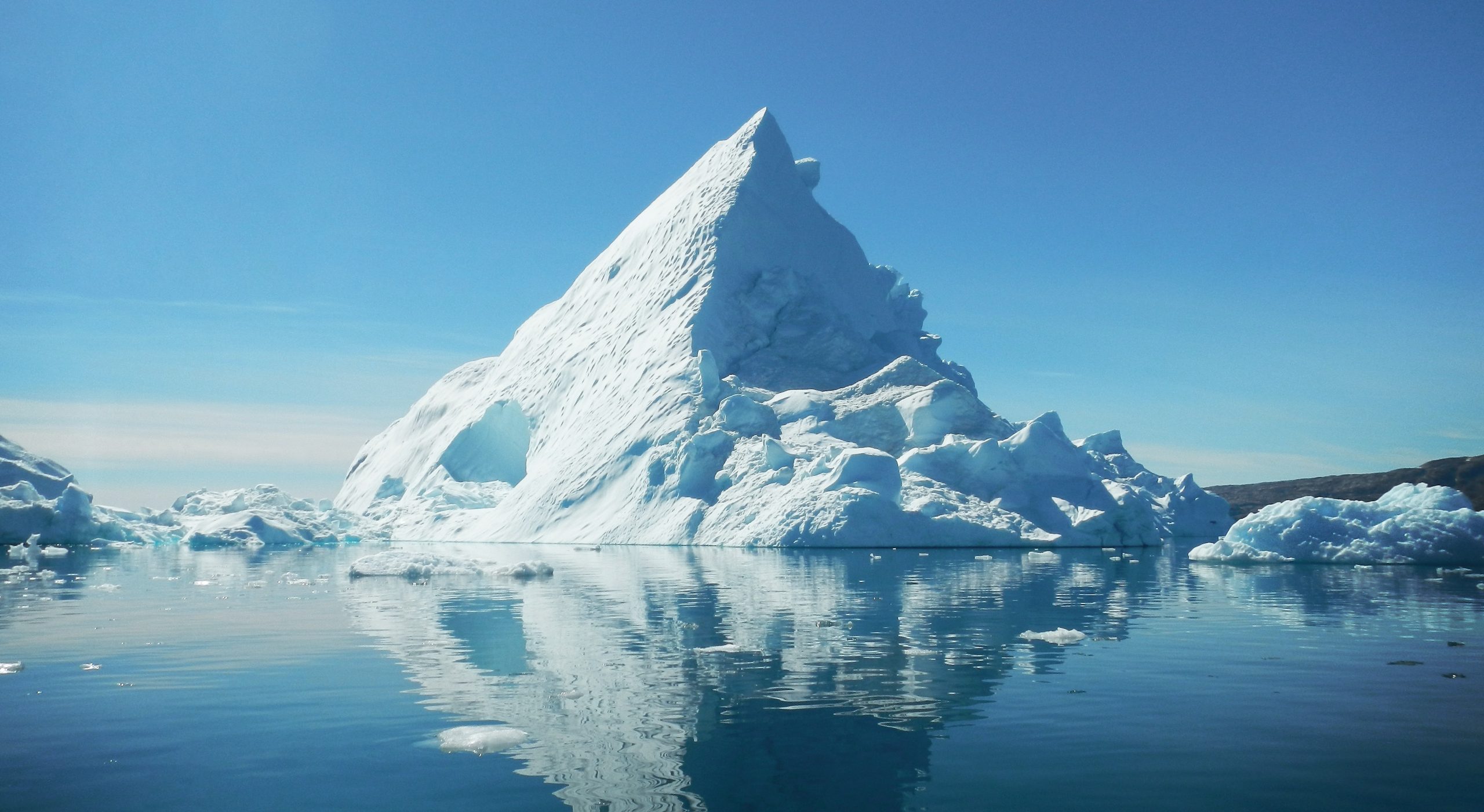ArcticHubs: Building sustainability and resilience across the Arctic
1st August 2020 sees the launch of the ArcticHubs project, a four-year initiative funded as part of the EU’s Horizon 2020 programme.
The Arctic today faces extraordinary pressures, with globalisation and climate change combining to drive change at an unprecedented rate. The opening up of new economic sectors, including mining and mass tourism, alongside the industrialisation of many traditional livelihoods, such as fishing and forestry, are driving land use conflicts between competing sectors, and producing profound transformations on lives and communities at the economic, socio-cultural, political and environmental levels.
The ArcticHubs Project is an ambitious, multi-disciplinary international collaboration that aims to develop research-led, practice-based solutions to the urgent challenges faced in the Arctic.
Project description
ArcticHubs brings together 22 partners in eleven different countries all around the Arctic region, from Canada to Russia. Its partners are drawn from universities and research institutes; the NGO, public and private sectors; and civil society.
At the heart of the project’s pioneering approach are the 22 ‘hubs’ – representative locations across the Arctic, where participatory and collaborative methodologies will be employed to observe the impacts of economic activities, and to build solution-orientated tools for reconciling new economic opportunities with traditional livelihoods and solving land-use conflicts between different sectors.
The ArcticHubs project will work with local, national, regional and global stakeholders, including Arctic communities, industrial stakeholders, policy makers and others, to make a major contribution to the long-term sustainability and resilience of the region – its environment, communities, and new and existing industries and livelihoods.
Key outputs of the project will include tools for building collaborative and consensual approaches to land and resource use. Tools such as public participatory geographical information systems, guidelines for ‘social licence to operate’, and the building of future scenarios for the Arctic, will be trialled and implemented in collaboration with stakeholders in the 22 hubs. In addition to ‘fish farming’, ‘forestry’, ‘tourism’, ‘mining’ and ‘indigenous’ hubs inside the Arctic, four external ‘learning’ hubs, located in Canada, Austria and Italy, will provide points for comparison and control with the Arctic cases.
ArcticHubs is coordinated by the
Natural Resources Institute Finland (Luke).
Its partners are:
Finland: University of Lapland; Mapita Ltd; Reindeer Herders’ Association; Sámi Education Institute
Sweden: Swedish University of Agricultural Sciences; Luleå University of Technology; Grans Sameby
Norway: Norut Northern Research Institute AS; Magma Geopark AS; Norwegian Institute for Nature Research; Nofima; Rogaland County Council
Iceland: University of Iceland/Haskoli Islands; Hólar University College
Russia: Kola Science Centre
UK: TouchTD Ltd
Austria: Universität für Bodenkultur, Wien
Italy: University of Turin
Greenland: Greenland Institute of Natural Resources
Faroe Islands: University of the Faroe Islands
Canada: Dalhousie University
For further information, please contact:
Project coordinator: Luke, Pasi Rautio, pasi.rautio@luke.fi
Project communication office: arctichubs@touchtd.com
Local project: BOKU InFer, Helga Pülzl, helga.puelzl@boku.ac.at
